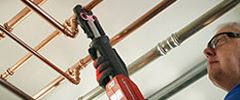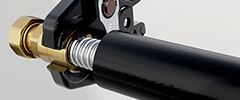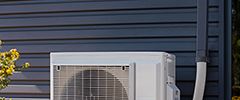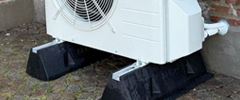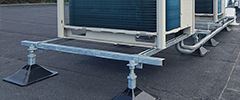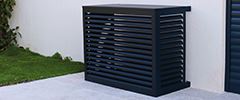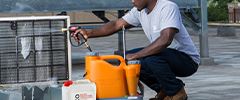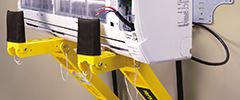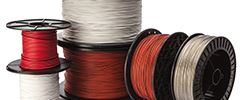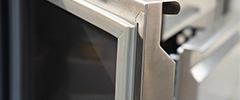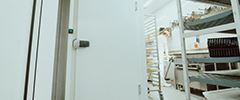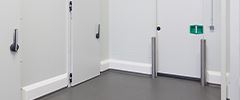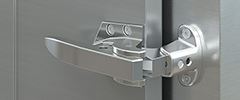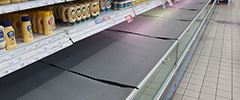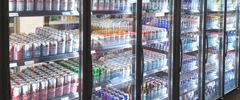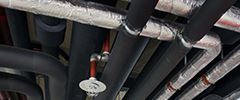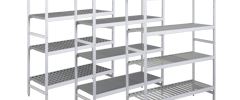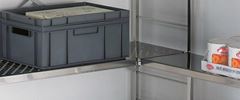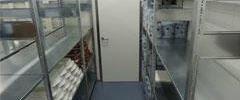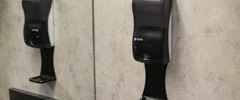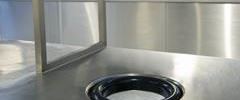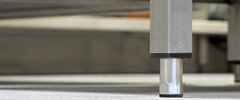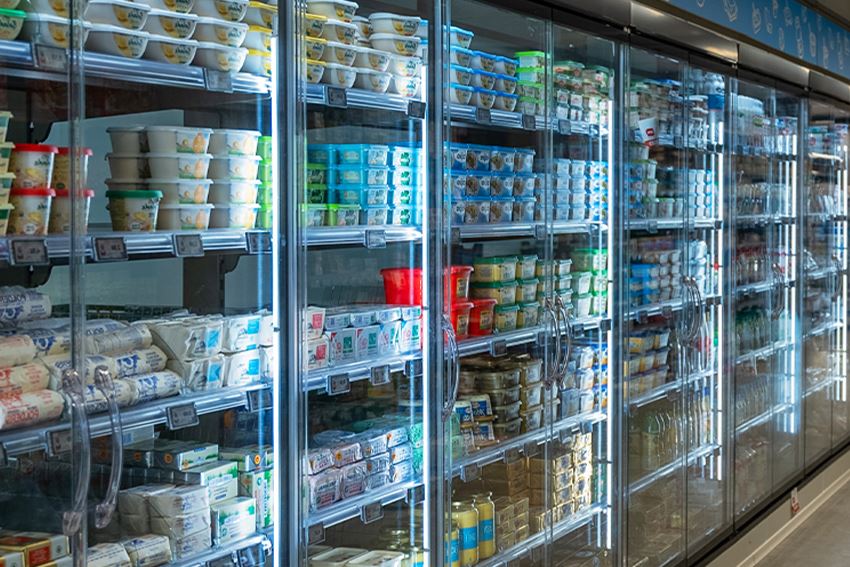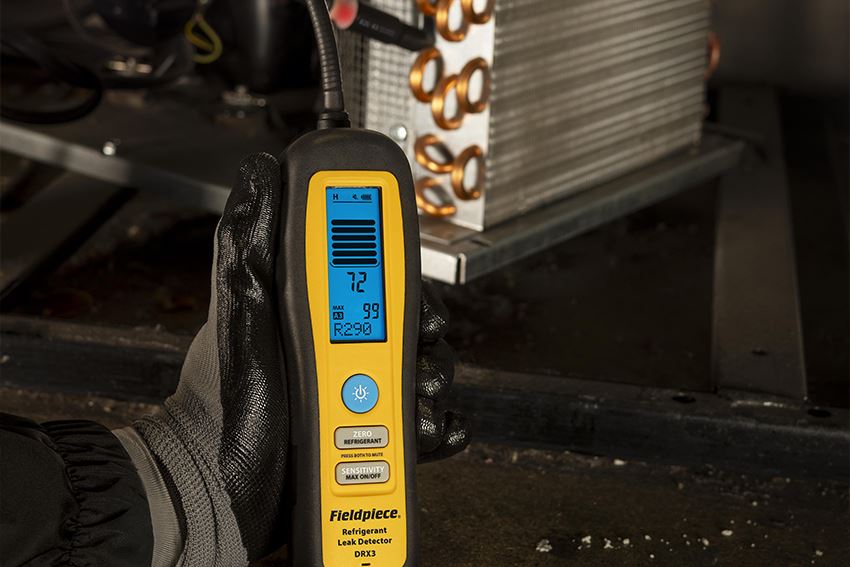Modal shift at Linum Europe
Logistics Optimization: Sustainable Transport from Thailand to Belgium via Inland Waterway Solution
Linum Europe, a leading distributor of accessories for air conditioning and heat pump installations, announces that it has significantly optimized one of its logistics processes. The annual import flow of at least 70 x 40ft containers from Thailand, filled with cooling pipes, will now partly take place via inland waterways. This marks an important step toward making their transport chain more sustainable and significantly reduces the company’s environmental footprint.
Until now, containers arrived via the port of Antwerp and were transported by truck to the warehouses in Kuurne – a trip of 117.7 km one way, totaling 16,478 km of road transport annually. Thanks to a study by Multimodaal.Vlaanderen – a business unit of VIL vzw – and supported by POM West-Flanders, the route has been optimized through inland navigation. Containers will now be transported from the deep-sea terminal in Antwerp to the LCZ logistics center in Zwevegem, followed by only 13.4 km by truck to Kuurne.
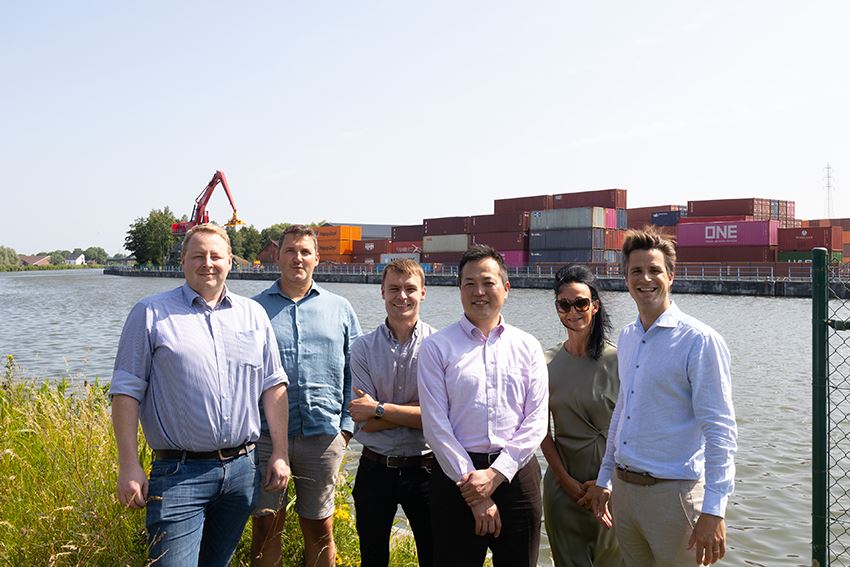
Sustainable and efficient
This modal shift not only greatly reduces road kilometers – from 16,478 km to just 1,876 km – but also leads to a substantial reduction in CO2 emissions. Emissions are reduced by 65% annually, from 22,458 to 7,883 tons. This is a direct contribution to more sustainable transport and aligns with Linum Europe’s broader strategy to lower its ecological impact.
Jan Vanderbeke, CEO of Linum Europe, states: “This logistics optimization is not only a strategic move to enhance our efficiency but also an important step toward sustainability. By using inland waterways for imports from Asia, we can significantly reduce our CO2 emissions while contributing to a cleaner, more sustainable transport network. We are proud to take our ecological responsibility seriously.”
Improved logistics flow
The new solution offers major benefits to the logistics process. By combining inland waterway transport with a final road leg, the company improves delivery speed while reducing road traffic pressure. This boosts both efficiency and reduces congestion and infrastructure strain.
Ilse Verdonck, Multimodal Expert at VIL, explains: “The collaboration with Multimodaal.Vlaanderen and POM West-Flanders, together with our multimodal expertise, enabled Linum Europe to complete this transition smoothly and successfully. The study provided valuable insights that laid the foundation for optimizing their supply chain – from transportation to reducing waiting times for trucks at loading docks.”
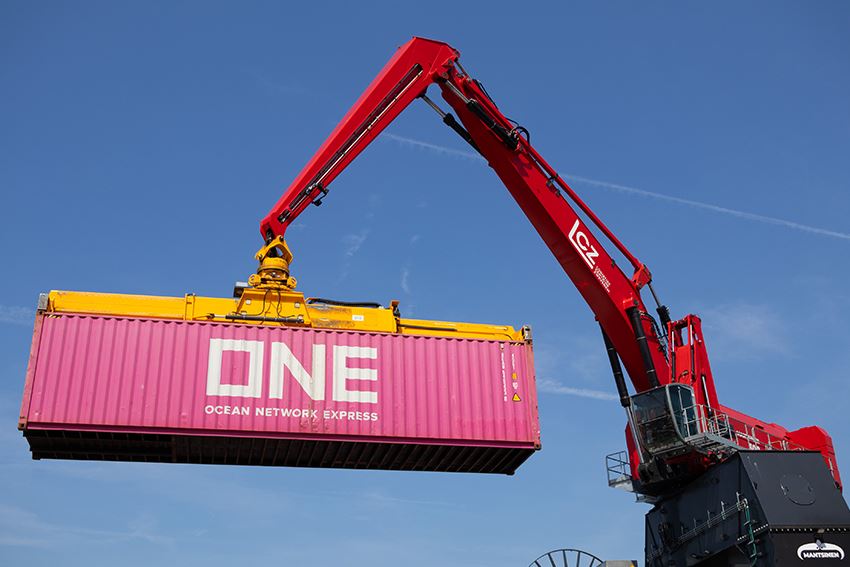
Future sustainable goals
Linum Europe remains committed to further greening its logistics processes. The move to multimodal transport is just one step in their broader strategy to reduce CO2 emissions and minimize their ecological footprint. The company continues to pursue innovative solutions that reduce the environmental impact of its operations.


